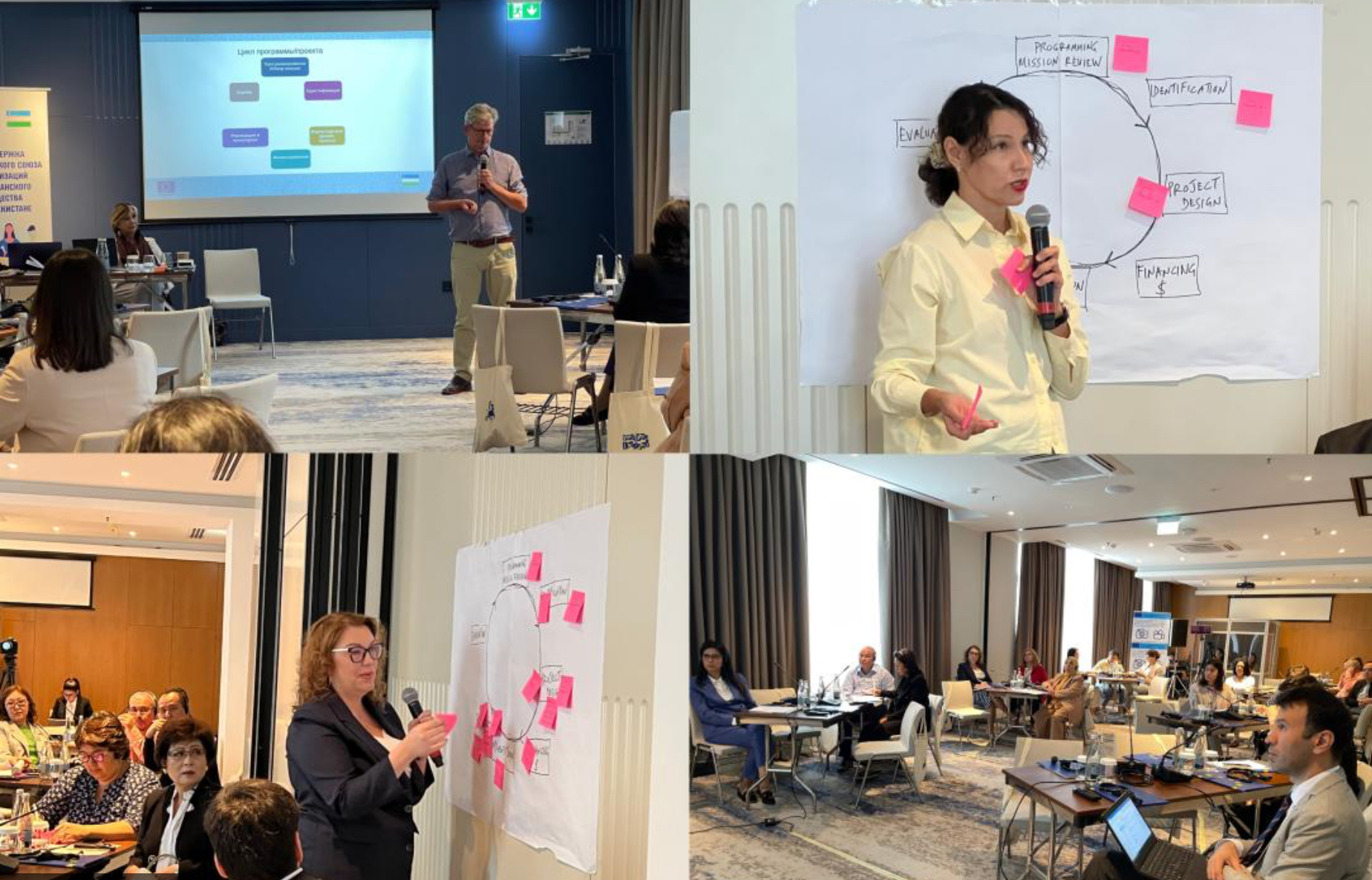The European Union (EU) has concluded a series of capacity-building trainings for nearly 60 civil society organizations (CSOs) across Uzbekistan. These sessions aimed to strengthen project management, enhance monitoring and evaluation capabilities, and promote gender-inclusive initiatives within the local civil society sector.

The initiative is part of the EU's broader commitment to supporting Uzbekistan's social development efforts, empowering local organizations to drive sustainable change. The trainings were specifically tailored to national and regional CSOs, focusing on practical skills that enable effective project leadership.
“These hands-on trainings were designed to equip CSOs with the necessary tools to manage projects efficiently, combining international best practices with an understanding of local needs,” said Doniyor Kuchkarov, Project Manager at the Delegation of the European Union to Uzbekistan. "The strong interest from both established and smaller organizations highlights the value and necessity of such programs in fostering sustainable and inclusive social development."
Held in Tashkent, Ferghana, and Samarkand, the one-day trainings were delivered by international and EU experts. They covered crucial methodologies, such as Logical Framework Analysis (LFA) and Theory of Change (ToC), enabling participants to adapt their strategies to evolving challenges. A significant portion of the training focused on gender responsiveness, ensuring that the projects designed by CSOs are inclusive and cater to the diverse needs of communities.
The CSOs involved in the training represent a wide range of sectors essential to Uzbekistan’s development, including education, social protection, women’s rights, health advocacy, youth development, civil society, and media freedom. Additionally, some organizations also focused on environmental protection, sustainability, and agricultural innovation.
Follow Daryo's official Instagram and Twitter pages to keep current on world news.
Comments (0)